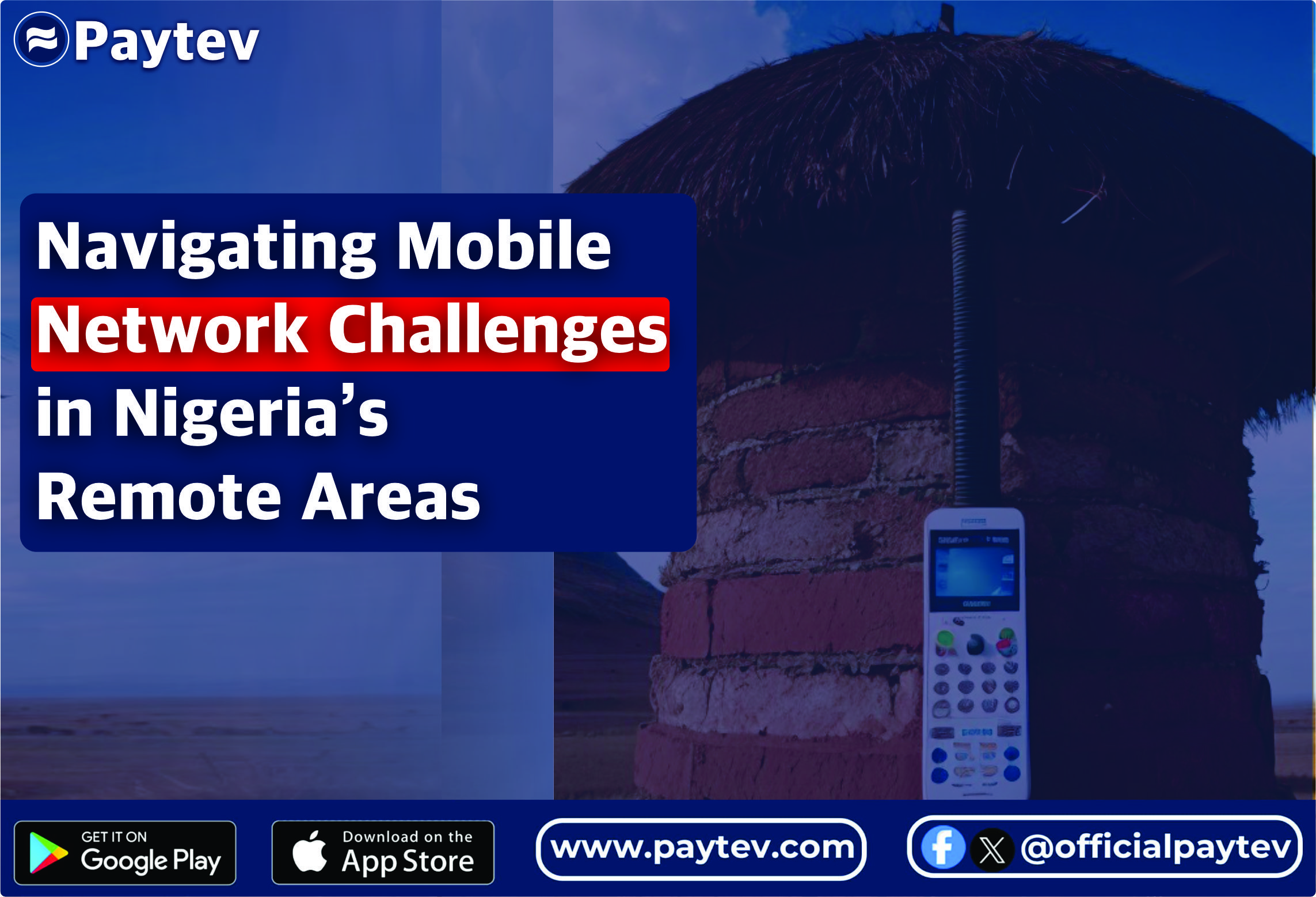In the fast-paced digital era, access to a reliable mobile network has become a necessity for individuals and businesses alike. While urban areas in Nigeria boast robust mobile connectivity, the story takes a different turn in the remote regions of the country.
This blog post aims to shed light on the challenges faced by Nigerians in village areas when it comes to mobile network access and explores potential solutions to bridge this digital divide.
Understanding the Landscape
Nigeria, with its vast and diverse geography, presents unique challenges for ensuring seamless mobile network coverage. While metropolitan areas enjoy the benefits of advanced infrastructure, remote regions grapple with issues such as sparse population density, challenging terrain, and limited resources, making it economically challenging for telecommunication providers to extend their networks.
Challenges Faced:
- Infrastructure Limitations: Remote areas often lack the necessary infrastructure for efficient signal transmission and reception.
- Power Supply Issues: Frequent power outages in rural areas can disrupt mobile network operations, leading to extended periods of downtime.
- Affordability: Limited financial resources among the population make it challenging for them to afford mobile devices and data plans.
Solutions and Initiatives:
- Infrastructure Development: Collaborative efforts between the government and private sector can focus on building and upgrading telecommunication infrastructure in remote areas.
- Alternative Power Sources: Exploring renewable energy sources such as solar power can mitigate the impact of power supply issues on mobile network stability.
- Community Engagement: Raising awareness about the benefits of mobile connectivity and providing training on digital literacy can empower residents to make the most of available resources.
Wrap-up
Navigating mobile network challenges in Nigeria’s remote areas requires a multi-faceted approach that addresses infrastructure, power supply, and affordability issues.
By acknowledging these challenges and actively working towards solutions, we can bridge the digital divide, empowering residents of remote regions to participate fully in the digital age and fostering inclusive economic development across the country.

